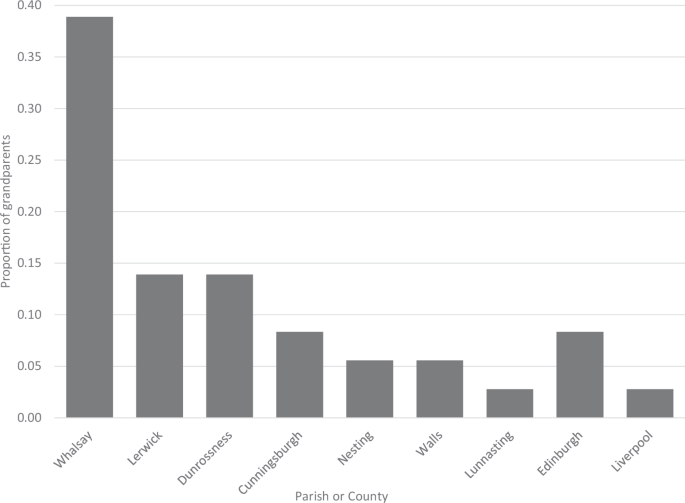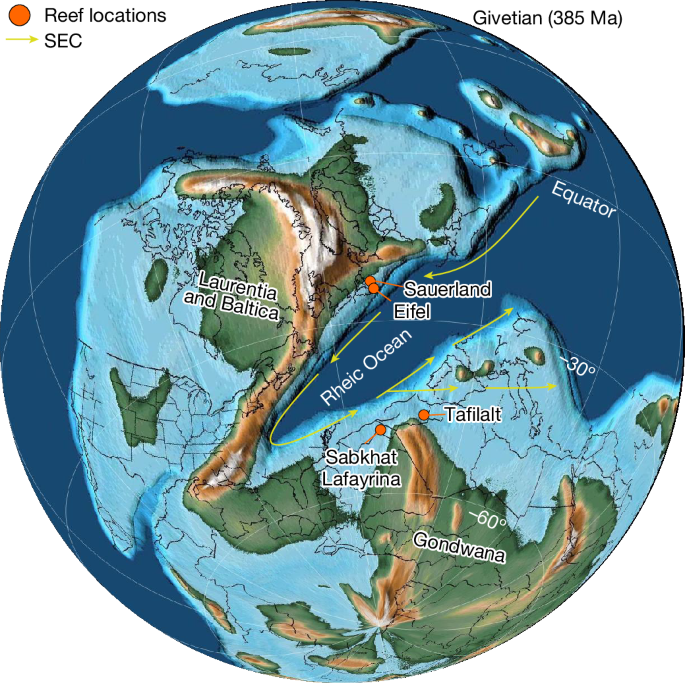2024-10-24 エディンバラ大学
<関連情報>
- https://www.ed.ac.uk/news/2024/cancer-gene-linked-to-scottish-island
- https://www.nature.com/articles/s41431-024-01704-w
スコットランドのオークニー島とシェットランド島では、2つの創始者変異体が病原性BRCA対立遺伝子の90%以上を占める Two founder variants account for over 90% of pathogenic BRCA alleles in the Orkney and Shetland Isles in Scotland
Shona M. Kerr,Lucija Klaric,Marisa D. Muckian,Emma Cowan,Lesley Snadden,Gannie Tzoneva,Alan R. Shuldiner,Zosia Miedzybrodzka & James F. Wilson
European Journal of Human Genetics Published:22 October 2024
DOI:https://doi.org/10.1038/s41431-024-01704-w

Abstract
For breast and ovarian cancer risk assessment in the isolated populations of the Northern Isles of Orkney and Shetland (in Scotland, UK) and their diasporas, quantifying genetically drifted BRCA1 and BRCA2 pathogenic variants is important. Two actionable variants in these genes have reached much higher frequencies than in cosmopolitan UK populations. Here, we report a BRCA2 splice acceptor variant, c.517-2A>G, found in breast and ovarian cancer families from Shetland. We investigated the frequency and origin of this variant in a population-based research cohort of people of Shetland ancestry, VIKING I. The variant segregates with female breast and ovarian cancer in diagnosed cases and is classified as pathogenic. Exome sequence data from 2108 VIKING I participants with three or more Shetlandic grandparents was used to estimate the population prevalence of c.517-2A>G in Shetlanders. Nine VIKING I research volunteers carry this variant, on a shared haplotype (carrier frequency 0.4%). This frequency is ~130-fold higher than in UK Biobank, where the small group of carriers has a different haplotype. Records of birth, marriage and death indicate genealogical linkage of VIKING I carriers to a founder from the Isle of Whalsay, Shetland, similar to our observations for the BRCA1 founder variant c.5207T>C from Westray, Orkney. In total, 93.5% of pathogenic BRCA variant carriers in Northern Isles exomes are accounted for by these two drifted variants. We thus provide the scientific evidence of an opportunity for screening people of Orcadian and Shetlandic origins for each drifted pathogenic variant, particularly women with Westray or Whalsay ancestry.
00172-9/asset/e456ccd0-792d-4182-a8f4-0d8e3068e29f/main.assets/gr1.jpg)
